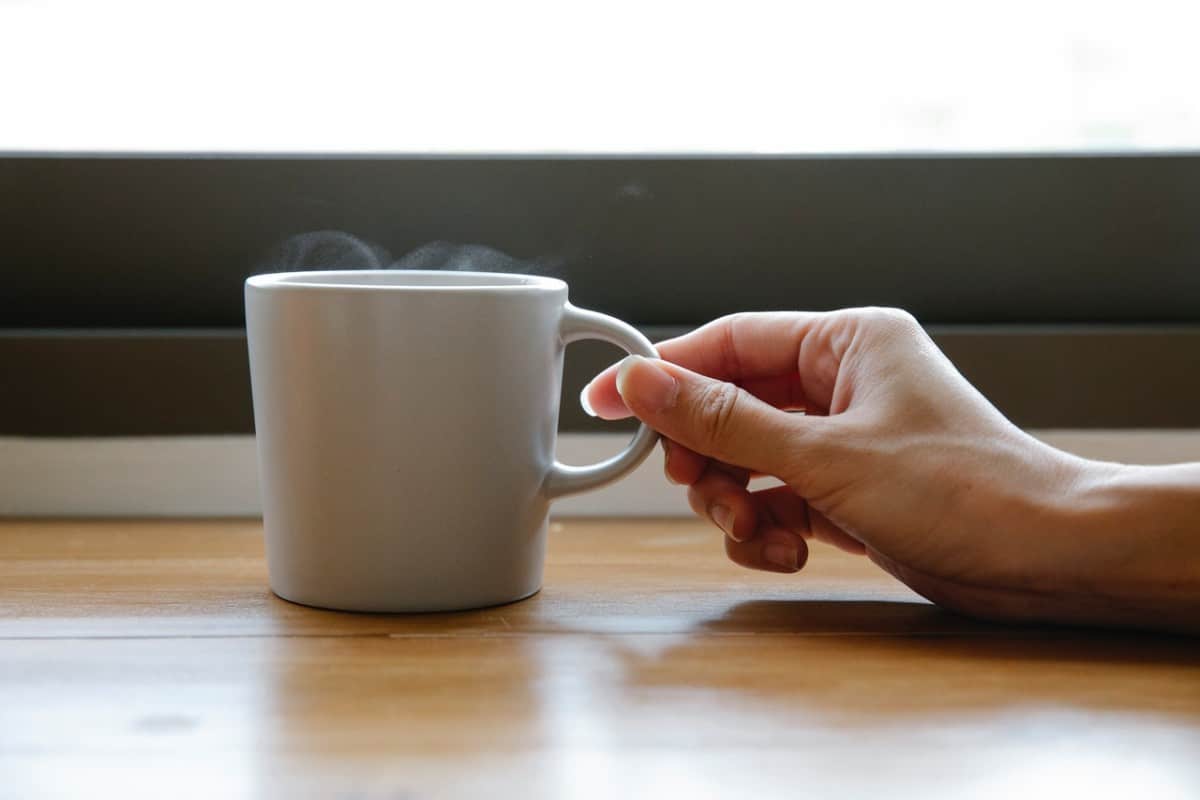

Typically an 8-ounce cup of black tea contains 60 to 90 milligrams of caffeine, while an 8-ounce cup of green tea contains 35 to 70 milligrams of caffeine. This is significantly less when you compare caffeine in white tea vs green tea, black tea, or coffee. An 8-ounce cup of white tea, in general, contains about 30 to 35 milligrams of caffeine. Though there is variation in caffeine levels in different types of white teas, they mostly contain lower amounts as compared to other teas. For instance, a cup of Peony white tea contains more caffeine than a cup of Silver Needle white tea. Now we are clear that “Yes” is the answer to a commonly asked question - is white tea caffeinated ? Just so you are aware, the white tea caffeine level, however, depends on various factors including the types of tea leaves used for production. Some people may experience jitters, anxiety, or difficulty sleeping after consuming too much caffeine. While caffeine offers excellent health benefits, it is also important to note that it has negative impacts too, especially upon over-consumption. Moreover, caffeine also offers numerous physical health benefits including lowering the risk for serious health issues such as diabetes, heart disease, Parkinson’s disease, and Alzheimer's disease. When consumed, it stimulates your central nervous system by blocking the action of adenosine neurotransmitters which leads to increased alertness and energy.

Before going deep into white tea’s caffeine content, let’s understand what Caffeine is, to help understand its influence on white tea’s characteristics.Ĭaffeine is a natural stimulant found in the seeds, leaves, and fruits of some plants, including the camellia sinensis plant. This makes white tea a naturally caffeinated beverage too. What is Caffeine?Īs discussed above, white tea is also made from the Camellia Sinensis plant just like other true teas.
DOES WHITE TEA HAVE CAFFEINE FULL
Because black tea does not go through a partial or full oxidation process like black tea and green tea, it offers a delicate flavor and is pale in color. The harvested buds and leaves are withered in natural sunlight or a controlled indoor environment for a short period. White tea got its name from the young buds which are still covered with fine white follicles when they are harvested. However, what makes this tea unique is that it is minimally processed comparatively. Just like other “True Teas”, white tea also comes from the Camellia Sinensis plant. So, let’s begin with the basic information about white tea. To better understand the caffeine content in white tea, it's important to first understand what white tea is. Without further ado, let's dive into the world of white tea to identify white tea caffeine levels. Additionally, we will also explore the benefits and drawbacks of white tea’s caffeine content. In this blog, we will look into the facts about the caffeine content in white tea. Among the numerous types of tea, recently, white tea has gained popularity for its delicate flavor.īecause white tea has a light delicate flavor, many often ask - does white tea have caffeine at all? If you are also one of those who are curious about the caffeine content in white tea, then this blog is for you. Alongside the exceptional health benefits, another key reason for its popularity is its wide range of varieties which provide options for selecting from different flavors. For centuries, tea has been consumed and today, it ranks as the second most consumed beverage in the world, just after water.


 0 kommentar(er)
0 kommentar(er)
